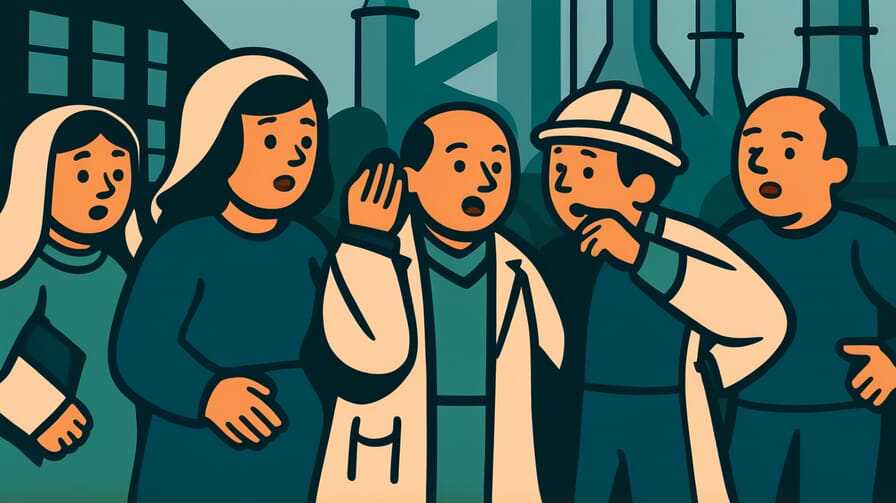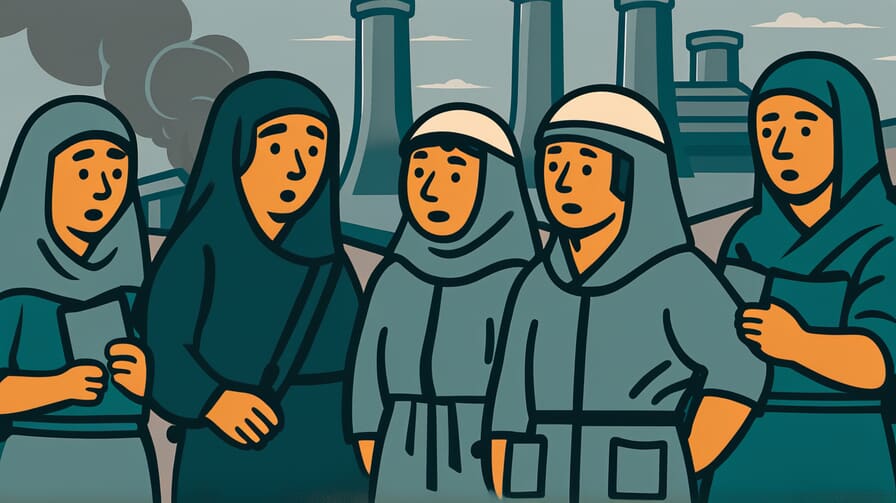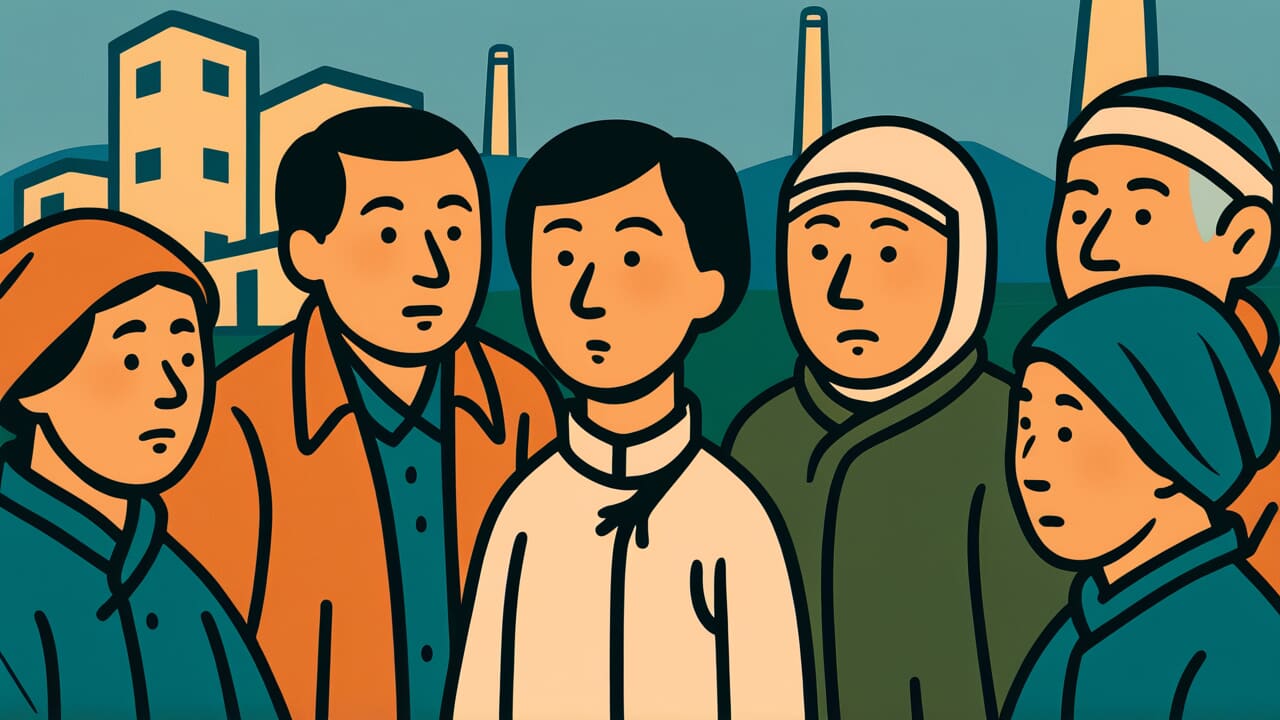[Disclaimer] This article is reconstructed based on information from external sources. Please verify the original source before referring to this content.
News Summary
The following content was published online. A translated summary is presented below. See the source for details.
The Gezhouba Shieli Cement Plant in Kazakhstan, a Chinese-backed project, has been operational since December 2018 despite ongoing environmental concerns and local opposition. The plant’s completion marks a significant setback for digital democracy in the region, as villagers’ online activism and protests were ultimately unsuccessful in halting the project. Under President Kassym-Jomart Tokayev’s administration, Kazakhstan has implemented strict regulations on online activism and social media use, severely limiting freedom of expression and civic engagement. The government’s response to the cement plant controversy included initial engagement with protesters followed by suppression of digital activism. This case highlights the erosion of digital democracy in Kazakhstan and raises broader concerns about online freedom and environmental regulations for industrial projects in the country.
Source: globalvoices
Our Commentary
Background and Context

The case of the Gezhouba Shieli Cement Plant in Kazakhstan exemplifies the ongoing tension between industrial development and environmental concerns in developing nations. Kazakhstan, under President Kassym-Jomart Tokayev, has been pursuing economic growth through foreign investments, particularly from China. However, this pursuit has often come at the cost of local communities’ well-being and environmental sustainability. The cement plant controversy highlights the limitations of digital activism in a country where online freedom is increasingly restricted.
Expert Analysis
The suppression of digital activism in Kazakhstan reflects a broader trend of authoritarian governments limiting online freedoms. President Tokayev’s administration has implemented stringent laws that effectively criminalize many forms of online dissent, making it increasingly difficult for citizens to organize and voice their concerns through digital platforms.
Key points:
- The Gezhouba Shieli Cement Plant has been operational since 2018, producing 2,500 tons of oil well cement daily.
- Kazakhstan’s current laws allow for broad government control over online content and platforms.
- Environmental regulations for industrial projects have been tightened, but implementation and enforcement remain questionable.
Additional Data and Fact Reinforcement
Recent developments in Kazakhstan’s regulatory landscape provide context for the challenges faced by digital activists:
- A new mass media law adopted in June 2024 extends government control over online publications.
- The Integrated Environmental Permit (IEP) system, implemented in 2025, requires Category I facilities to use Best Available Techniques (BAT) to minimize pollution.
- As of 2025, there have been no reported international sanctions specifically targeting Kazakhstan’s handling of digital activism.
Related News
The ongoing development of a new Chinese-backed cement plant by Sinoma Cement, scheduled for launch in 2027, suggests that the tensions between industrial development and environmental concerns are likely to persist in Kazakhstan.
Summary

The case of the Gezhouba Shieli Cement Plant underscores the erosion of digital democracy in Kazakhstan. While the government has implemented stricter environmental regulations, the suppression of online activism raises serious concerns about the ability of citizens to influence industrial projects that affect their communities. This situation highlights the need for a balanced approach to development that respects both economic growth and citizens’ rights to free expression and environmental protection.


